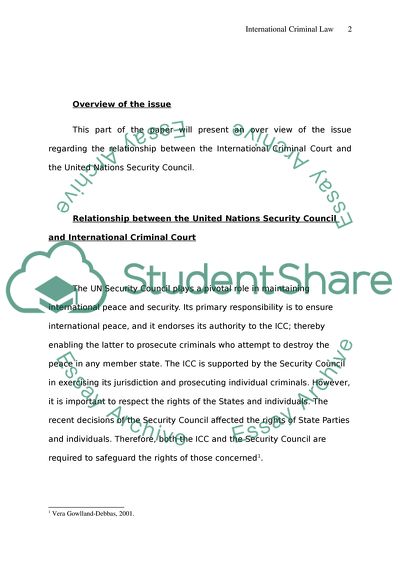Cite this document
(International Criminal Law and the UN Security Council Research Paper, n.d.)
International Criminal Law and the UN Security Council Research Paper. Retrieved from https://studentshare.org/law/1725519-international-criminal-law
International Criminal Law and the UN Security Council Research Paper. Retrieved from https://studentshare.org/law/1725519-international-criminal-law
(International Criminal Law and the UN Security Council Research Paper)
International Criminal Law and the UN Security Council Research Paper. https://studentshare.org/law/1725519-international-criminal-law.
International Criminal Law and the UN Security Council Research Paper. https://studentshare.org/law/1725519-international-criminal-law.
“International Criminal Law and the UN Security Council Research Paper”, n.d. https://studentshare.org/law/1725519-international-criminal-law.


